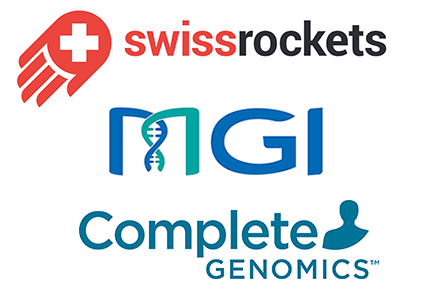At MGI Technology and Application Conference of Genomics (TACG) held during ICG-13, Dr. Fuman Jiang, scientist from JingKe Bio, gave a presentation on the topic of Practice and Insights of Sequencing Applications: Genetic Disease Detection Based on MGISEQ-2000.
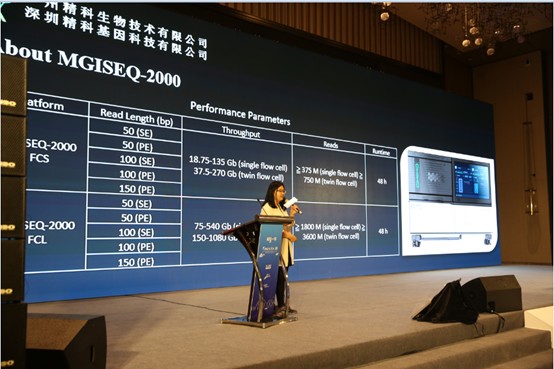
In her speech, Dr. Jiang focused on the application of Whole Exome Sequencing (WES) in diagnosis of genetic diseases by sharing two real-life cases of JingKe Bio. She presented data generated with MGISEQ-2000 and MGI's WES reagents in these cases. MGISEQ-2000 absolutely met her needs and expectations.
In the first case where genes of a one-and-a-half-year-old boy whose clinical symptoms are growth failure, dyskinesia, low immunity, and scoliosis were sequenced by MGISEQ-2000 and Novaseq platforms respectively. Dr. Jiang introduced that the team used MGISEQ-2000 with MGI Exome and Novaseq with IDT xGen Exome Research panel. MGI sequencing platform performed similarly with the sequencing data of similar platforms, the final detection results were consistent, and the duplicate reads rate of MGISEQ-2000 was better off. Two heterozygous mutations c.3627dupT (p.K1210*) and c.1297G>T (p.E433*) were detected in ERCC6 gene. Those two mutations are identified to be from both parents, and are both classified as pathogenic mutations.
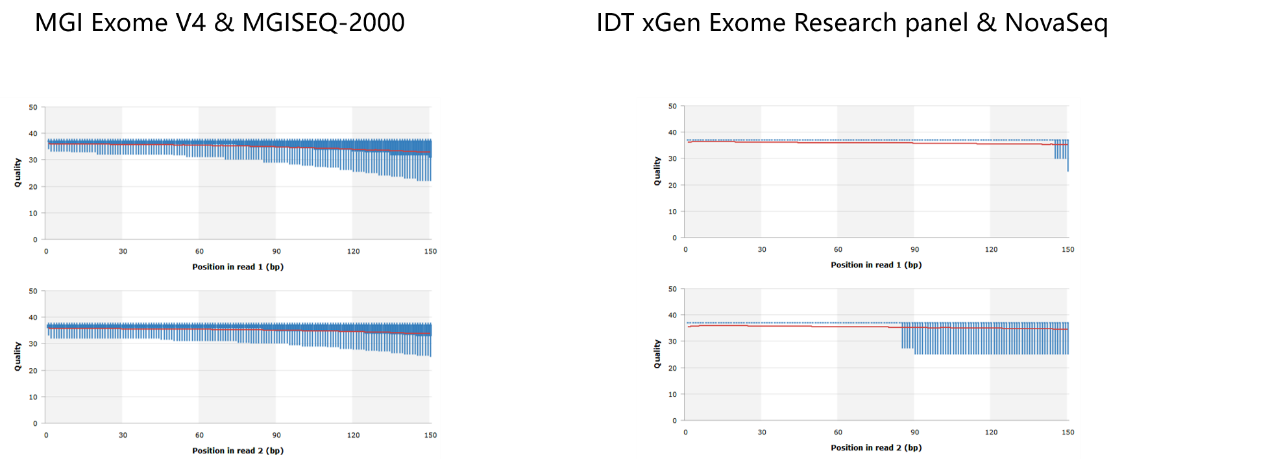
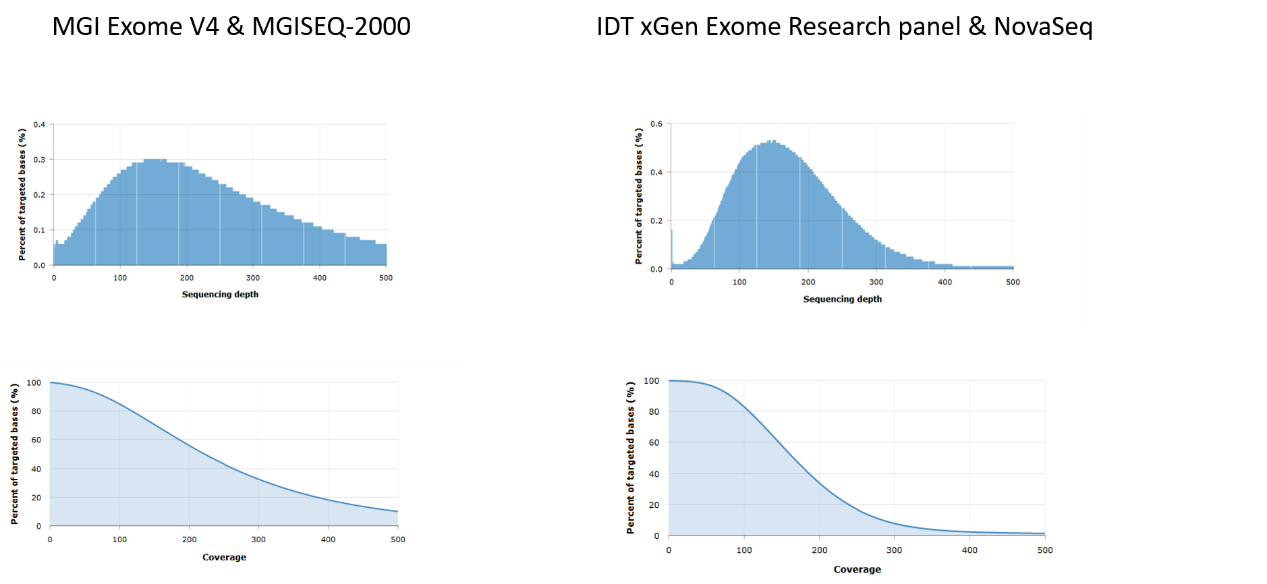
In the second case, a six-month-old boy, after injection of the BCG vaccine, had pneumonia with lymphedema on both sides of groin, low fever, diarrhea, eczema and other symptoms. Dr. Jiang's team performed WES using MGISEQ-2000 and NovaSeq. The results were consistent on both platforms. A nonsense mutation c.388C>T (p.R130*) was detected in CYBB gene, which is predicted to cause the premature termination of protein synthesis, and is classified as pathogenic mutation.
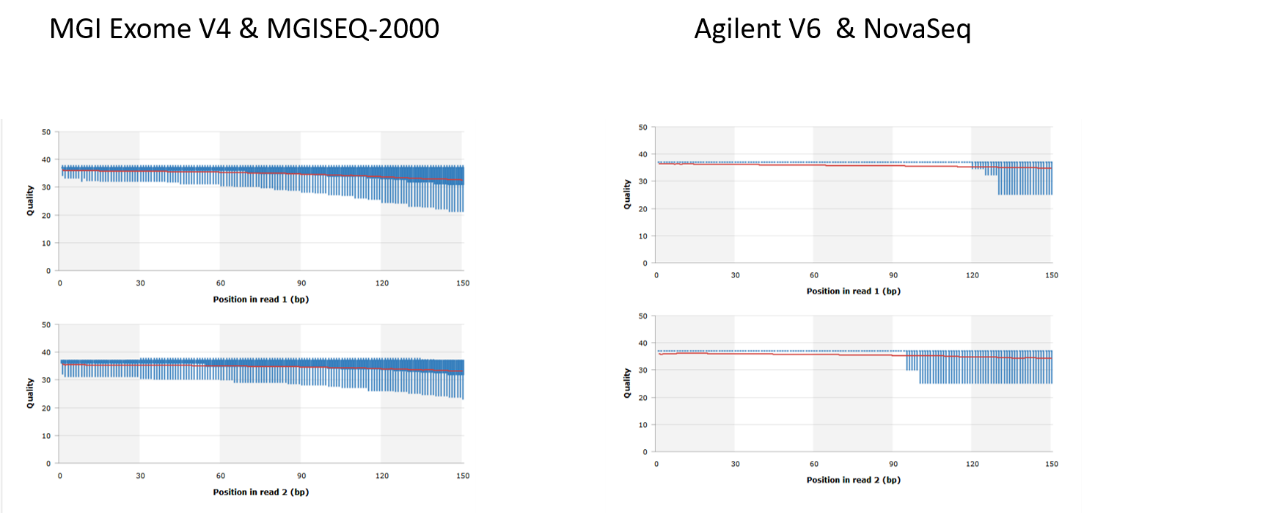
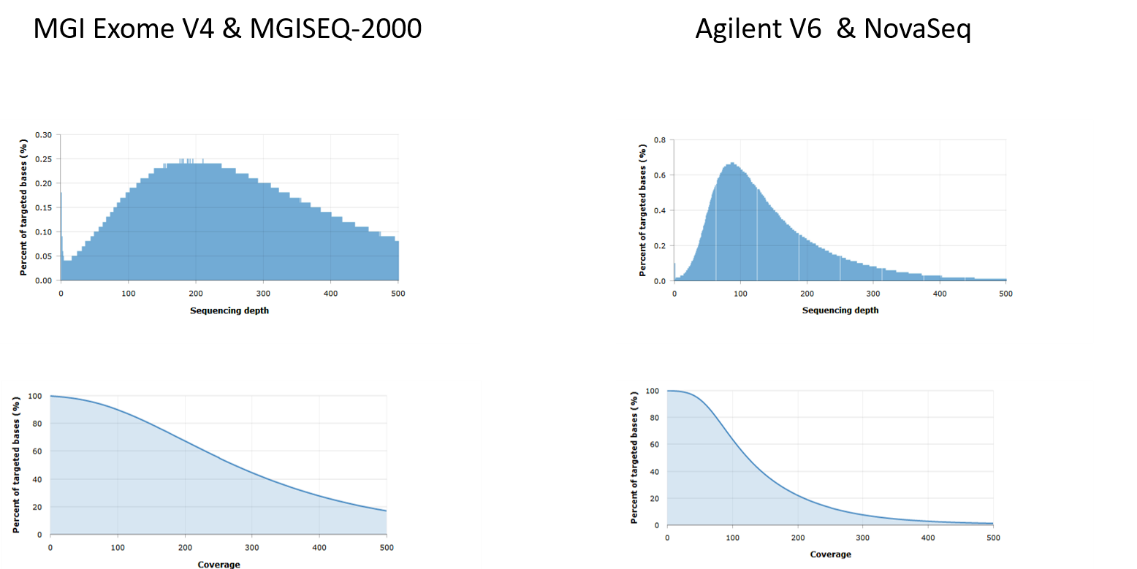
Dr. Jiang believes that WES on MGISEQ-2000 perfectly applies for diagnosis of genetic diseases. She also firmly believes that as sequencing technologies get more advanced, genetic sequencing will play a more important role in the diagnosis of genetic diseases.



 Sequencer Products: SEQ ALL
Sequencer Products: SEQ ALL













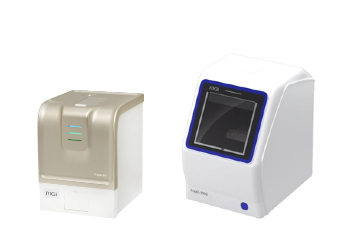

 Technologies
Technologies Applications
Applications Online Resources
Online Resources Data Bulletins
Data Bulletins Service & Support
Service & Support Global Programs
Global Programs Introduction
Introduction Newsroom
Newsroom Doing Business With Us
Doing Business With Us Creative Club
Creative Club










